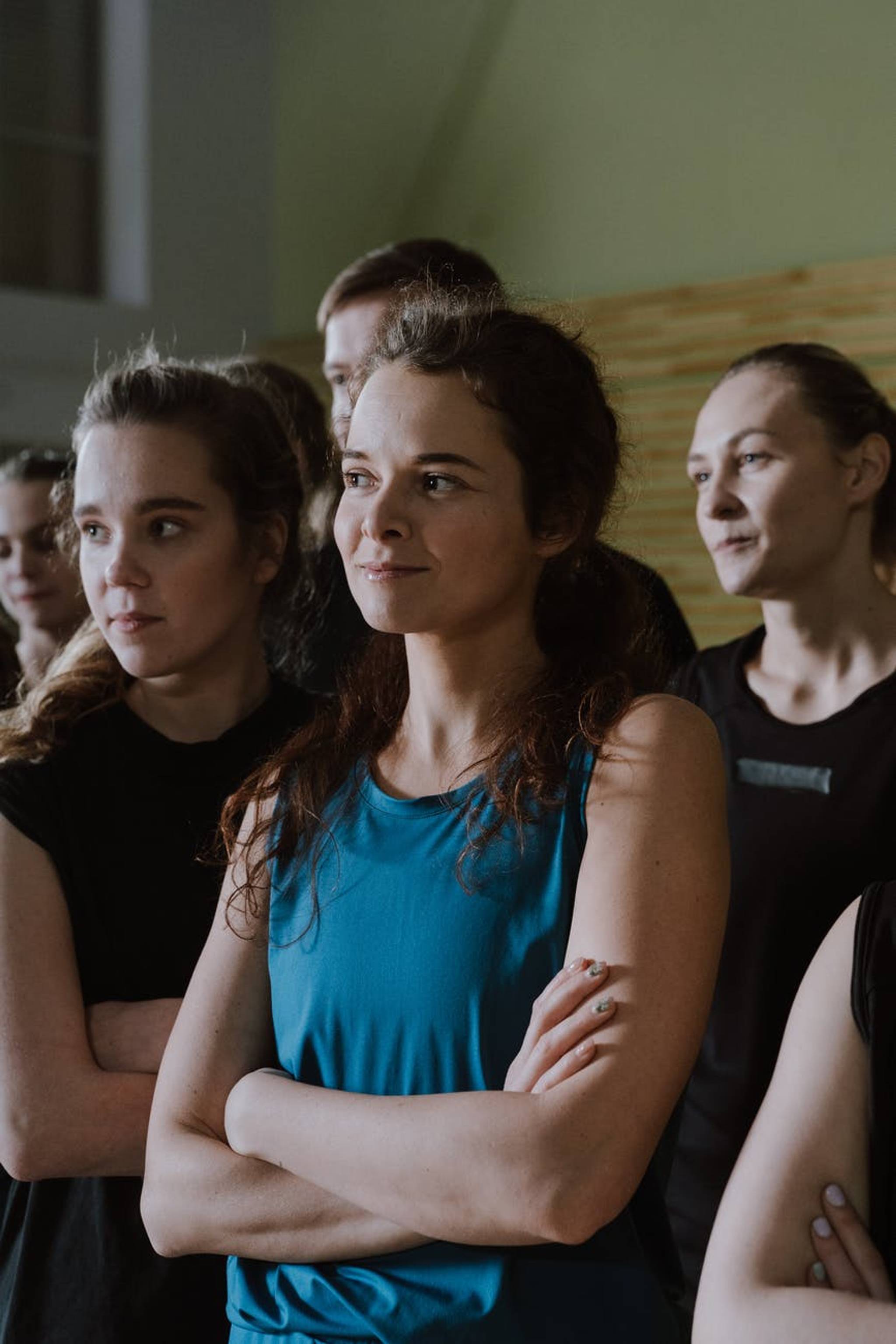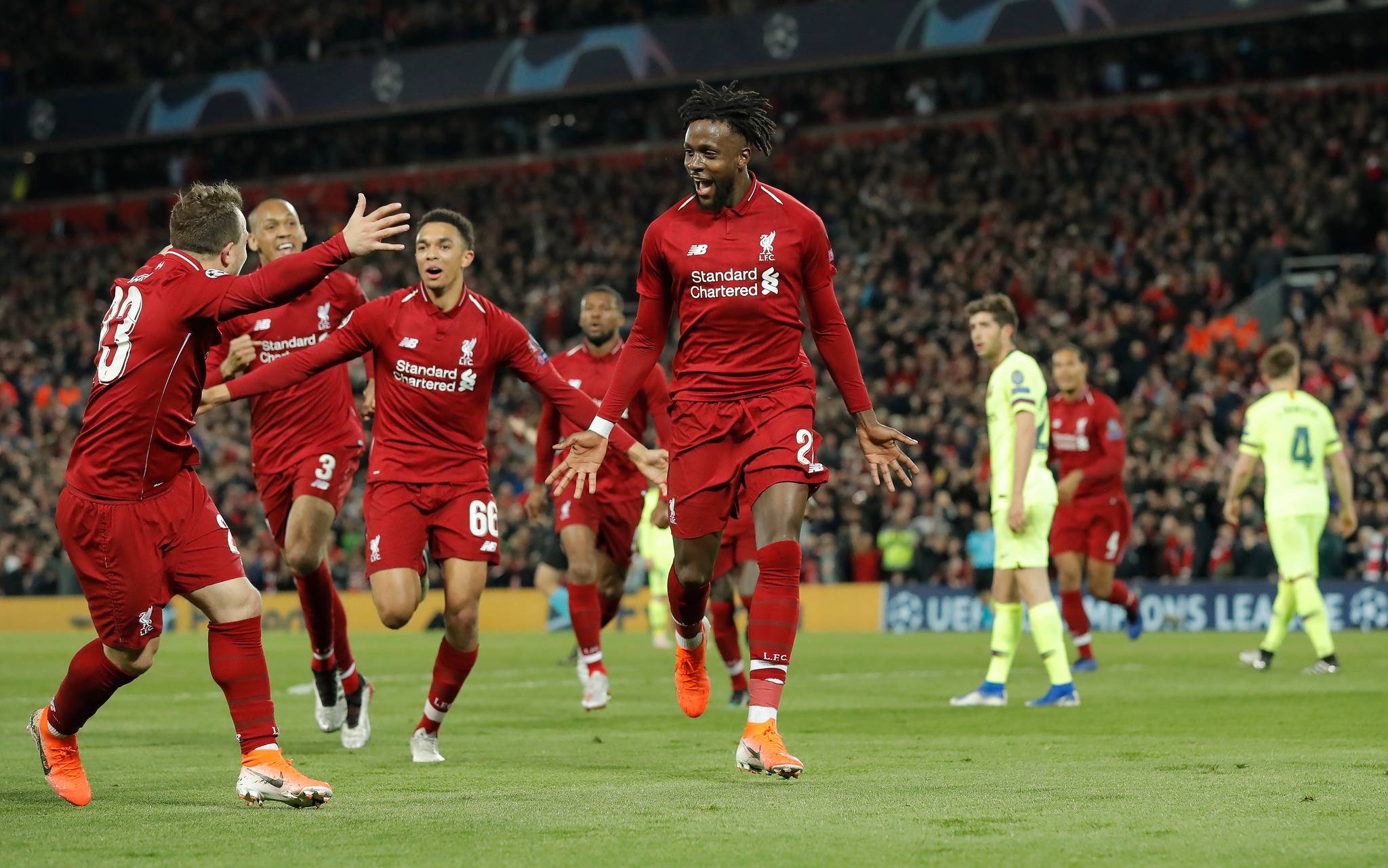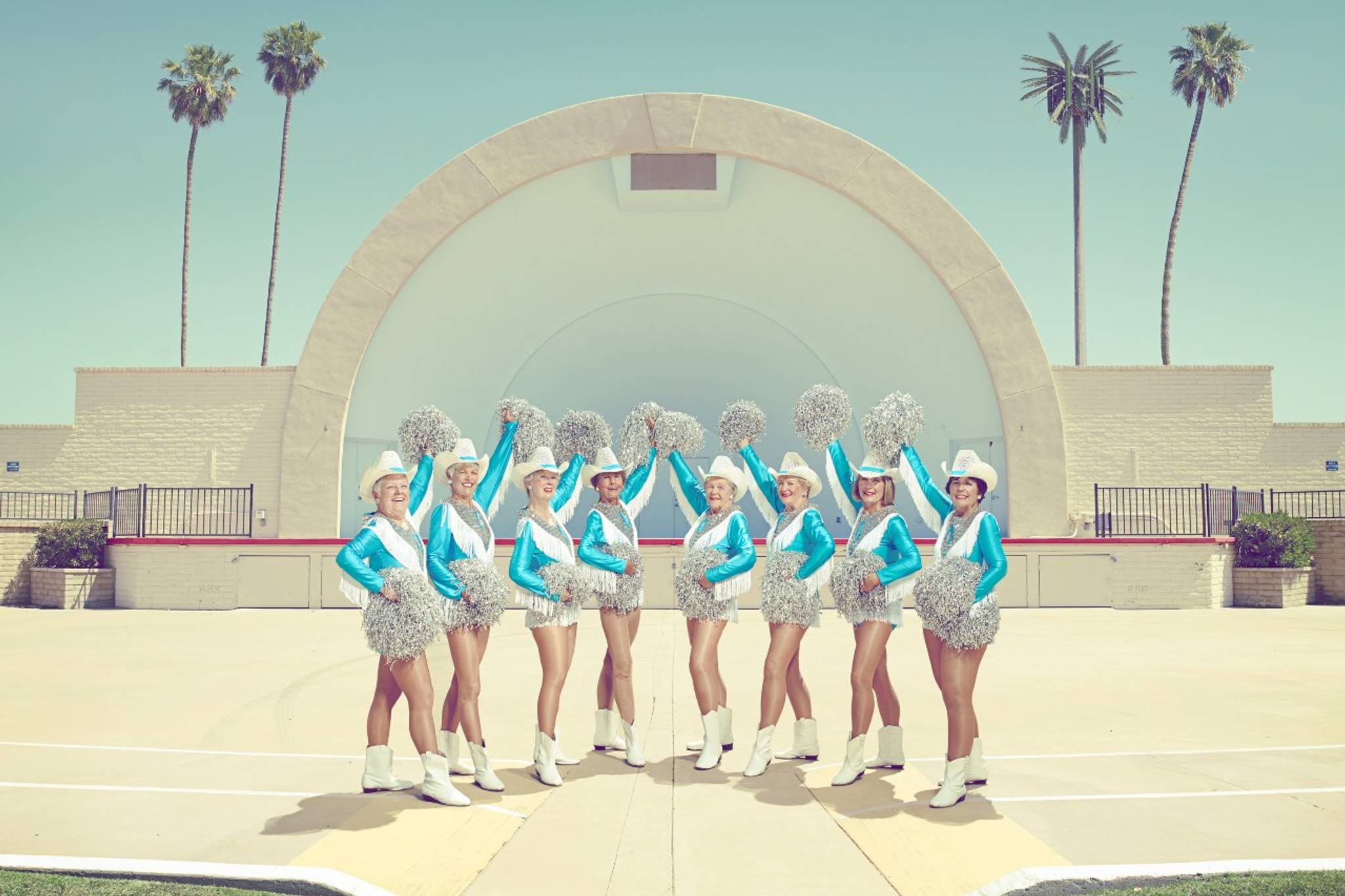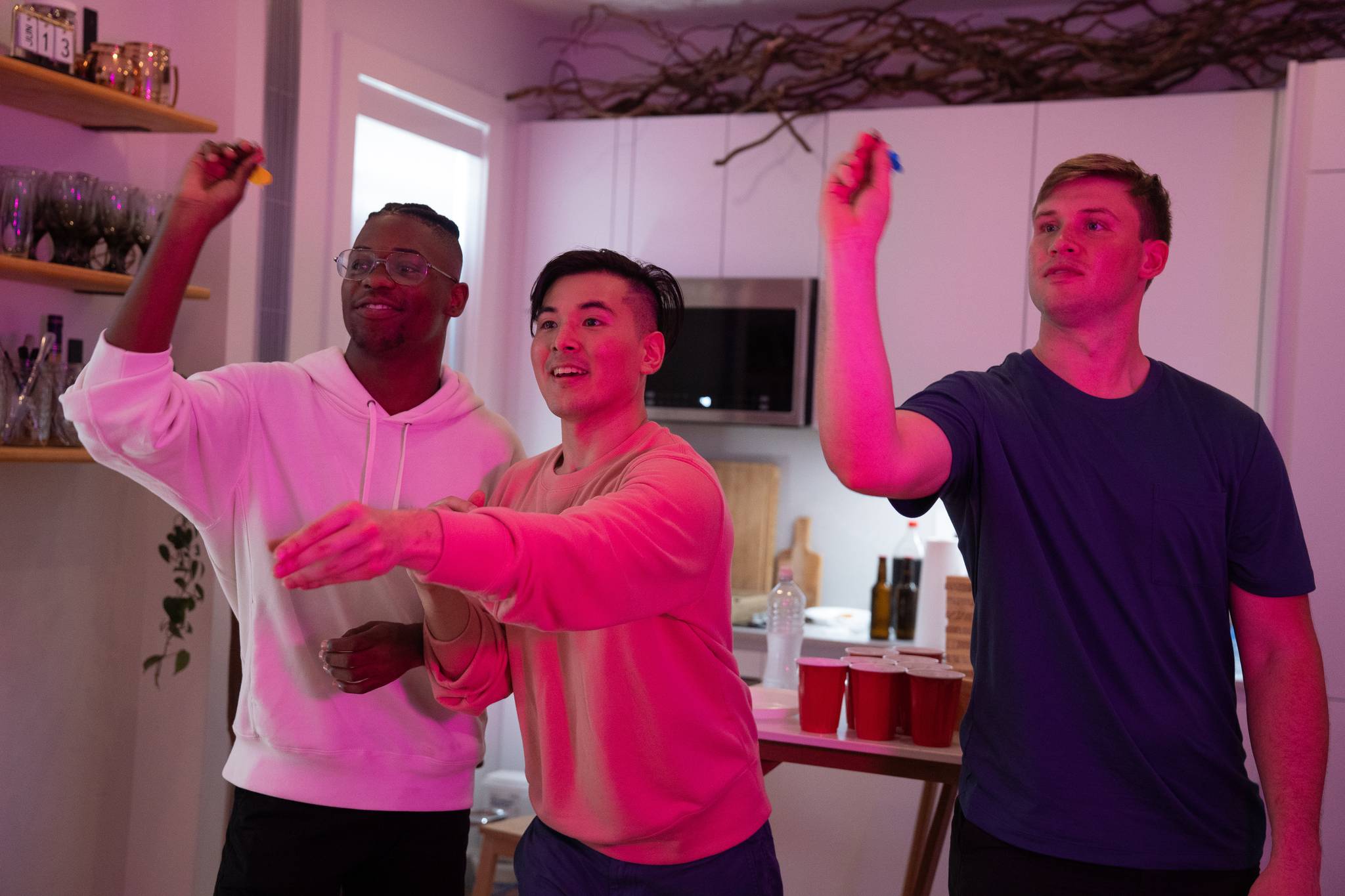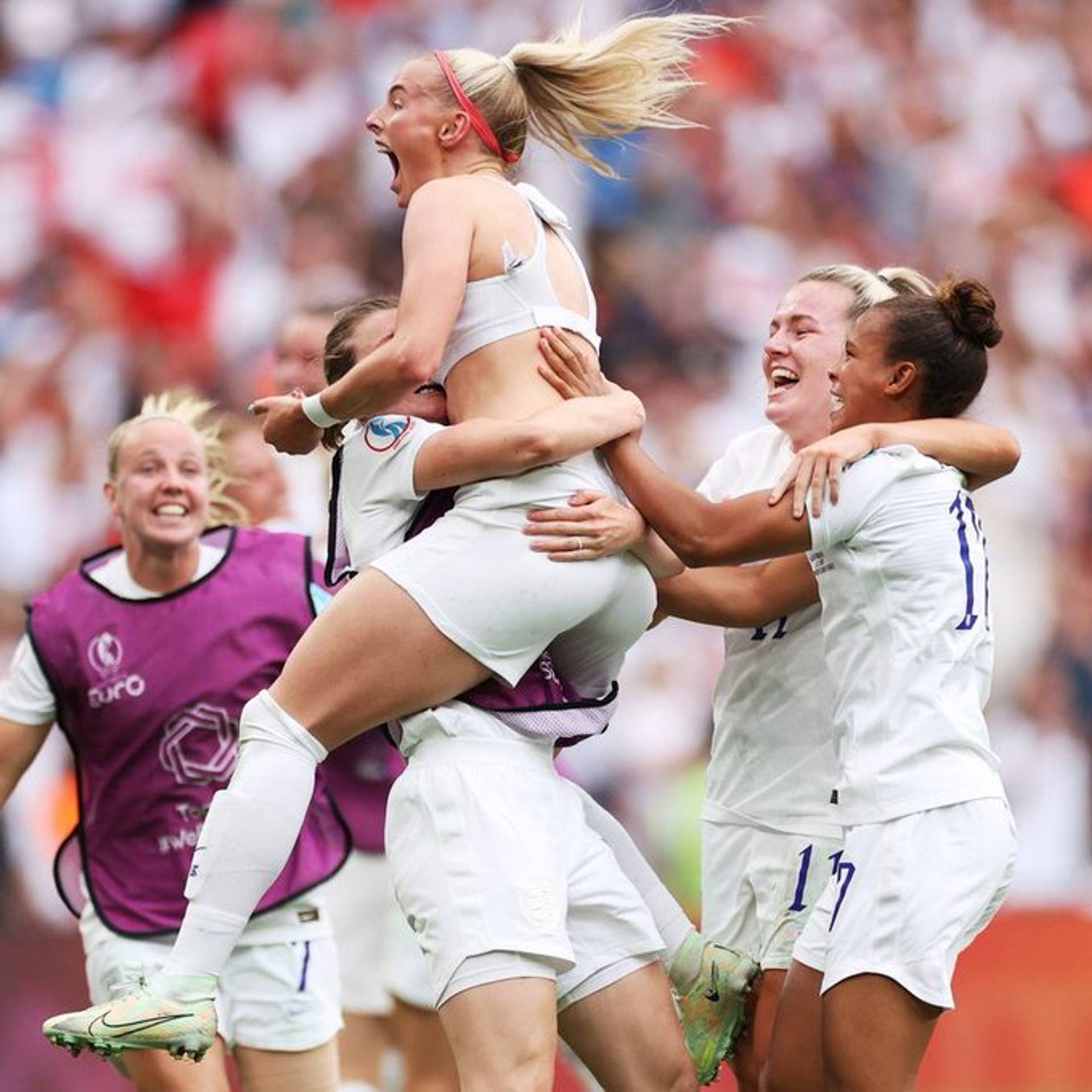
After the success of the Lionesses at the 2022 Women’s Euros, interest in women's sports is undoubtedly on the rise. As sporting fandom evolves and typically sidelined communities seek greater sporting participation, what are brands doing to level the playing field in the world of sports?
The decision by the Women’s Euros 2022 England team to make ‘Sweet Caroline’, the much-loved Neil Diamond song, their anthem for the international tournament was a subtle but meaningful sign of a team taking charge of their potential. The build-up to the tournament carried with it some unique pressures. First, the pressure to bring home England’s first international trophy since 1966. Second, the pressure to prove once and for all that women’s football has the same caché, same excitement, same potential for euphoric highs as the men’s game. And lastly, the pressure to forge an identity for the women’s game that captures both what makes it different and why it deserves a prime position of its own within England's sporting culture. Unlike the blokey anthem for the men’s game, ‘Three Lions’, Sweet Caroline feels more about a wider community, an England-wide fandom of women and girls as much as men and boys. It was a choice designed to convey that this team was in control of its own narrative.
Winning the Euros 2022 is a massive achievement - the happy-ever-after following nearly 60 years of English disappointment on the international football scene. England’s Lionesses are no strangers to the final, having already reached it twice, as well as making good showings at the Womens’ World Cup. But this win, especially after the men’s loss to Italy in the Euros 2020 final, happened as a cresting wave of enthusiasm and adjusted attitudes is making women’s football a genuinely national interest. Banned for 50 years in the 20th century, women’s football has suffered for too long under attacks of being lesser - less interesting, less about skill, less ‘real football’ - but the talent and verve we all witnessed from the team this tournament put this to bed. And beyond the game itself, the players were a breath of fresh air: fervent defenders of the women’s game and women’s right to play, open in interviews as opposed to the rigid media training we see in the Premier League, and offering the still-remarkable spectacle of women celebrating without fear of sexualisation or reproach, epitomised by Chloe Kelly running across the pitch in her sports bra after her winning goal.
The question we have been asking ourselves at Canva8 is what happens next - how does this just-discovered magic turn into something more fundamental, a change in the landscape of sport and how we engage with it? And how can brands and businesses get involved in ways that feel fitting?
It’s an interesting time for sports fans. We’ve covered how sports fandom is changing in our sector behaviours, and we’ve written about the future of English men’s football. But the women’s victory has the potential to engender a really significant shift beyond the sport. The rise in viewership figures for women’s sports indicates a widening of women’s leisure interests as they explore areas historically closed to them. This means that millions of new fans are coming to sport, millions of people are discovering the communities that sweep teams to victory and millions of young girls are allowing themselves to dream of futures in sport.
This is where brands can play a huge role. The Lionesses have already written to the remaining two candidates for the Conservative Leadership to urge the next Prime Minister to make sure all girls can play football at school, to ensure the Euros win is ‘just the beginning’ for the women’s sport. But as political priorities shift and bend around a looming recession, it seems possible that government intervention here will not materialise. Consequently, it is brands and businesses - in the sports space and beyond - that can build the scaffolding that will turn this moment of celebration into a bright future for women’s football as an identifiable, independent entity. We’ve followed brands including Sports Direct, Heineken and Nike, and clubs like Angel FC and Barcelona Feminí champion women’s football as a place of equity, opportunity and community. Now, this joyful moment presents a chance to connect with all the people feeling energised and encouraged by both a momentous sporting victory, and a big step towards a more open future.
